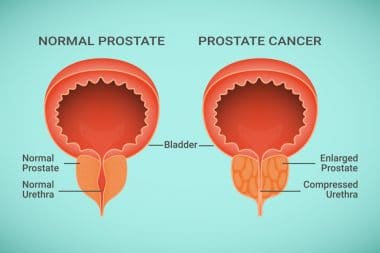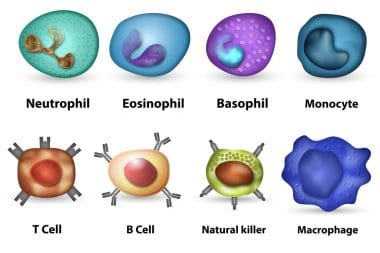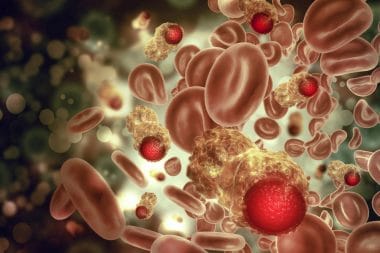Immunotherapy, also called biologic therapy, can completely change the way doctors fight cancer cells in the body. Whereas chemotherapy can come with lifelong effects on the immune system and organs, immunotherapy is seen as a safer option that can extend your years longer than almost any other treatment. Let’s take a closer look at how immunotherapy helps patients.
What Is Immunotherapy and How Does it Work?
Immunotherapy is a treatment that uses parts of the immune system to fight diseases. You may have already used immunotherapy to fight off the flu by getting a vaccine or receiving several allergen shots to make allergy symptoms more manageable.
As a cancer treatment, immunotherapy uses the immune system in one of two ways:
- Boosts natural defenses, like white blood cells, to find cancer cells easier.
- Injects synthetic immune system components to repair or improve antibodies.
In the past decades, immunotherapy has been successful at treating some cancer, but some cancers react better to this treatment than others.
Case Study: Immunotherapy for Lung Cancer
Cancer cells can be difficult for your immune system to spot, which is part of the reason why they can multiply quickly. The primary benefit of immunotherapy for lung cancer is twofold: white blood cells can detect cancer without severely damaging the lungs. When the lungs are damaged, it affects our breathing and our oxygen output which could lengthen recovery time. Every cell in our body needs consistent oxygen input to stay healthy.
Lung cancer rates have dropped significantly thanks to the reduction of smoking, but lung cancer deaths have also reduced, likely due to immunotherapy treatments.
What Types of Cancer Immunotherapy Are Available?
There are multiple types of cancer immunotherapy available to the public, and some are more popular than others or more effective with particular cancers.
- Cellular Immunotherapy: A doctor will remove a blood sample from the patient and mix in T-cells with the virus so it learns to fight the cancerous cells.
- Checkpoint Inhibitors: A drug that creates a super-powered immune system.
- Cancer Vaccines: Can prevent or treat cancers, like a flu shot.
- Monoclonal Antibodies: Man-made immune systems that improve on the existing immune system in a patient.
Whereas the above therapy options work for most cancers, oncolytic viruses, for example, are specifically modified to fight specific cancers or tumors.
Why Won’t Our Immune Systems Recognize Cancer Without Immunotherapy?
Our immune system acts as a built-in doctor, but it isn’t equipped to handle all foreign bodies or consistently poor decisions. For example, a heavy drinker won’t develop cirrhosis of the liver right away because of our immune system, but it won’t be able to prevent issues forever.
Sometimes, our immune system may quickly become overwhelmed by an invading virus and will need extra help. The smallpox epidemic is a prime example of this. With the help of a vaccine, white blood cells understood how to locate the virus and how to fight it.
Similar to other invading viruses, cancer can confuse the immune system. However, what makes cancer unique is how it successfully hides from our antibodies in the following ways:
- Cancer starts off as healthy cells, then multiplies into unhealthy cells. By the time the cells are considered a threat, our immune system usually can’t successfully fight it off by itself without fear of compromising your body, so it focuses on containing the spread.
- The immune system can find cancer cells sometimes, but it may not be healthy enough or strong enough to eradicate the cells completely.
- Most of the time, cancer will hide from antibodies by giving off a misleading signal.
For these reasons, immunotherapy has been used to help the immune system.
Will Boosting the Immune System Cause Side Effects?
Yes, however, the side effects of immunotherapy are few. Most patients won’t receive any side effects, but you could receive inflammation in the cancer location or the following.
- Skin rash
- Fatigue
- Diarrhea
- Underactive Thyroid
- Overactive thyroid
You’ll typically receive worse side effects with chemotherapy, but it may be necessary for your cancer treatment. Ask your doctor to name all of your treatment options.








Reply